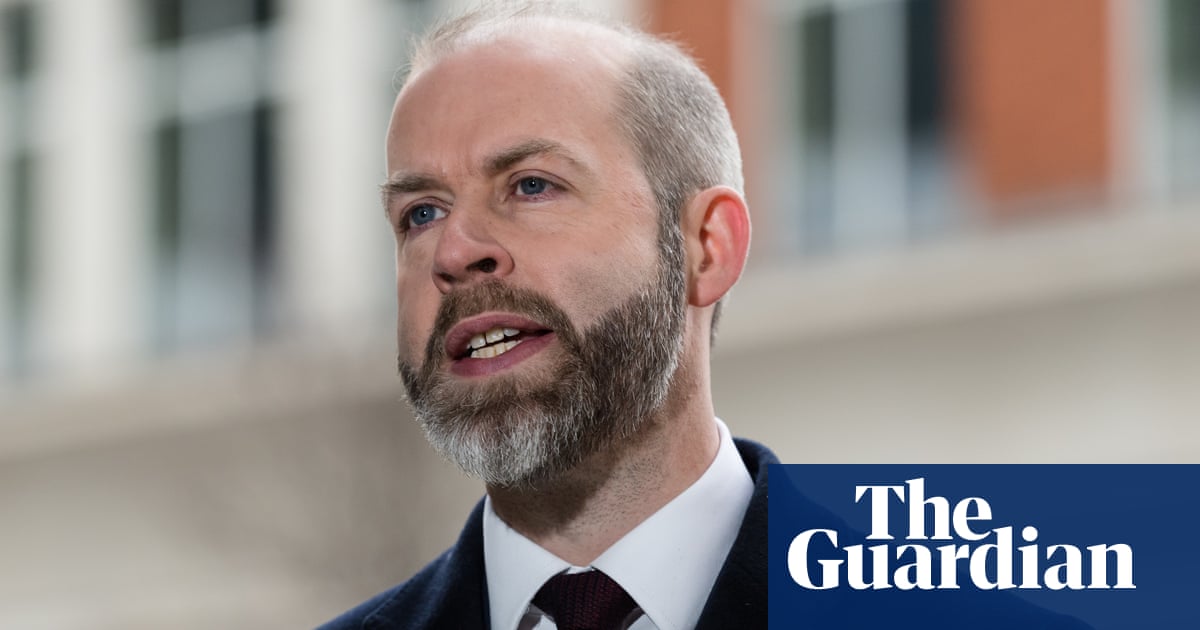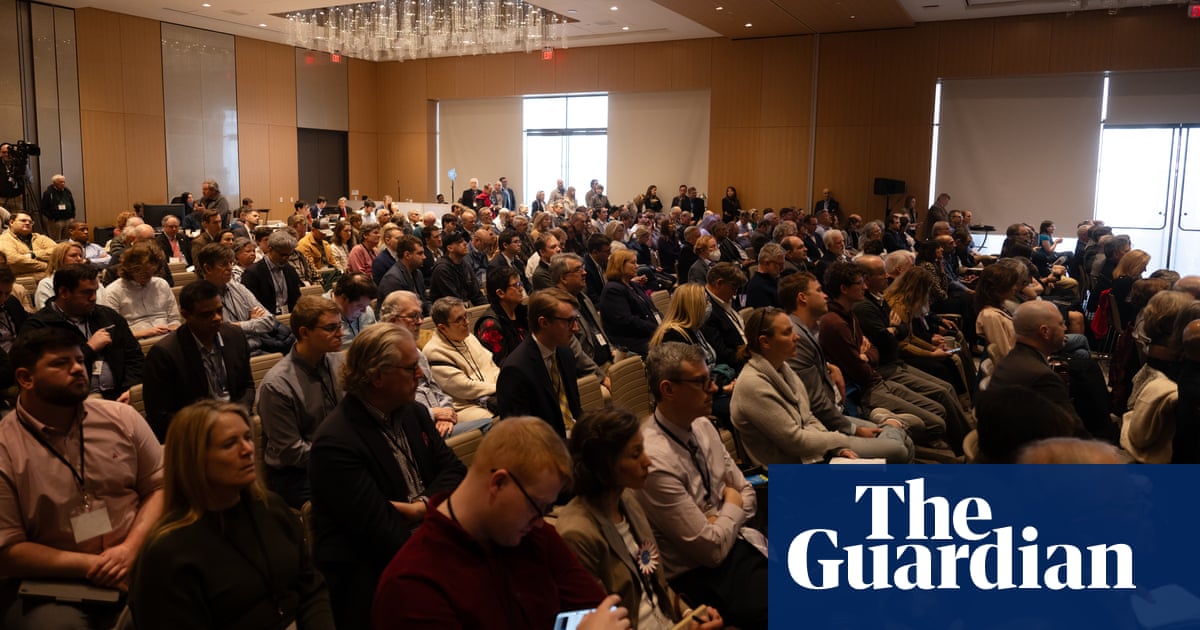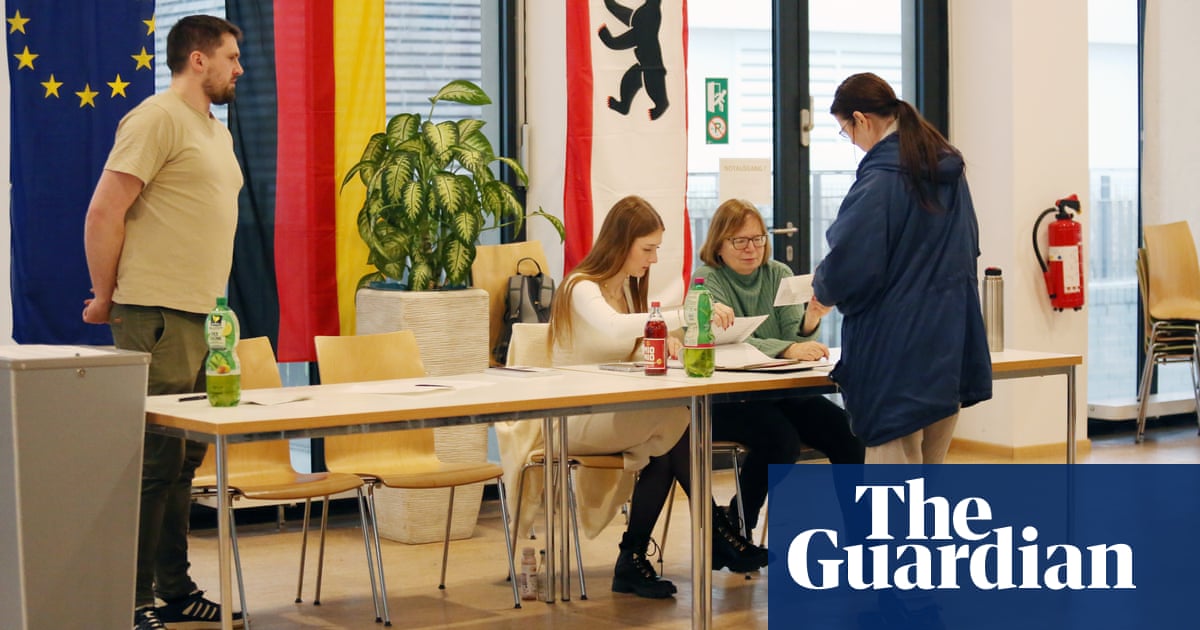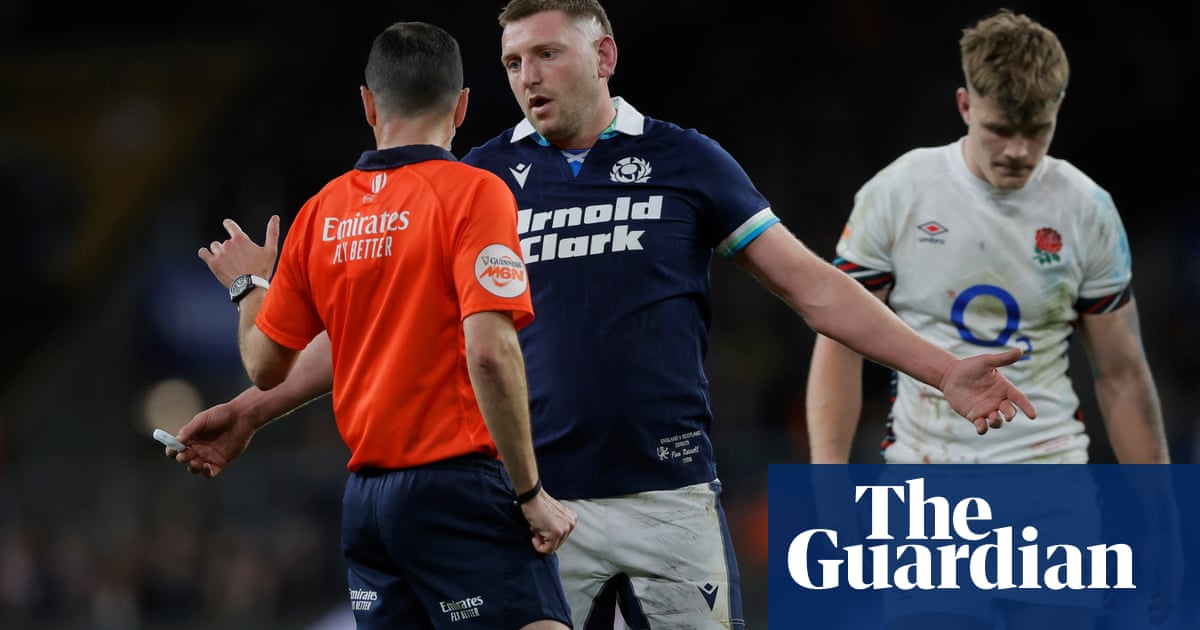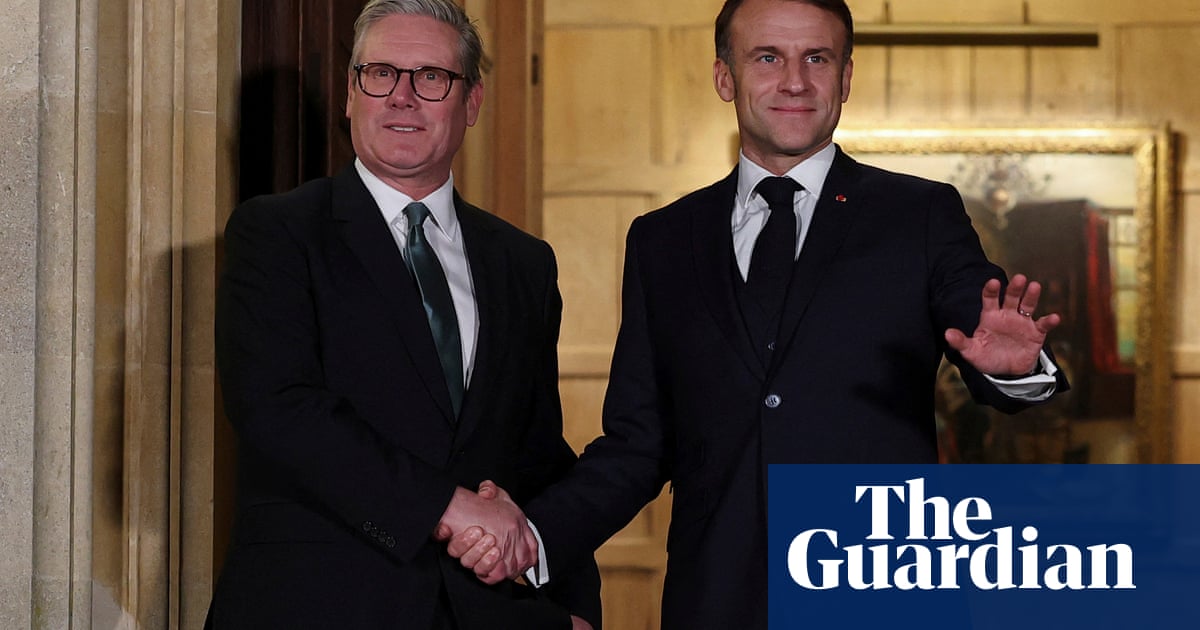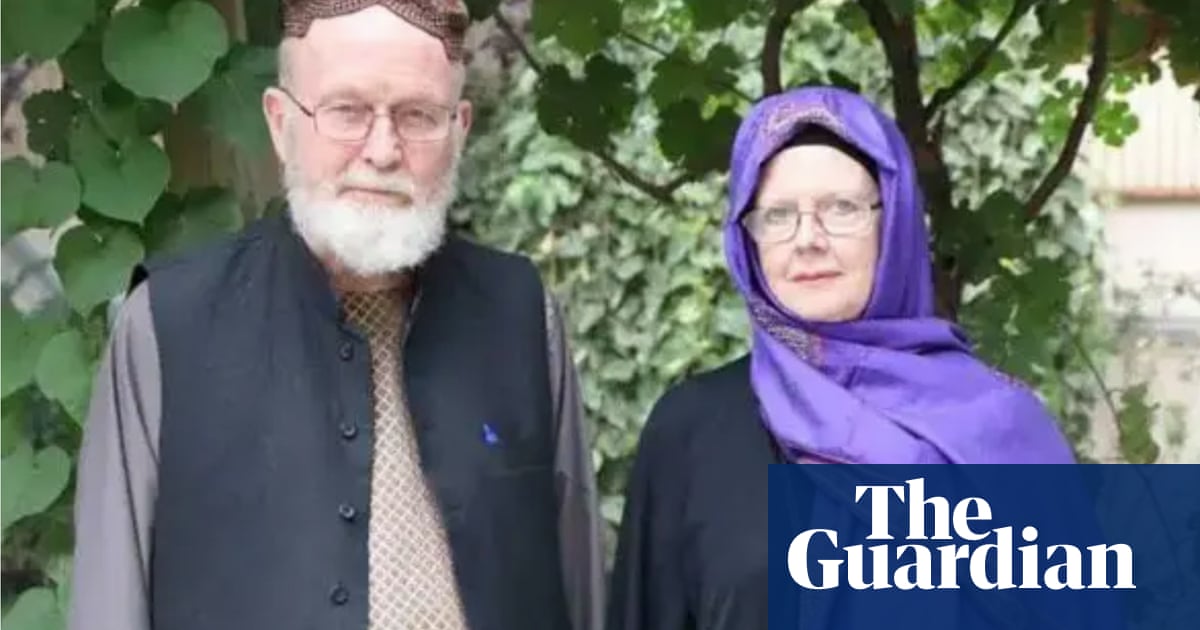Social media company Meta has accused the Australian government of rushing to introduce an under-16 social media ban without properly considering the evidence and voices of young people.
But Australian politicians who supported the world-first legislation argue it is necessary to ensure another generation of teenagers do not experience “as much damaging content” in years to come.
The ban, which was approved by the Australian parliament on Thursday just days after a one-day inquiry was held to consider 15,000 submissions, has already been described as a test case for other governments plotting action.
Despite the bill’s passage, it was not unanimously endorsed by politicians, with one independent MP calling it “a 1970 solution for a 2024 problem”. Human rights groups and mental health advocates have also warned it may marginalise young Australians.
So far, most social media companies have said they will comply with the ban – failure to do so would result in fines of up to $50m. But they have expressed uncertainty about how it would be enforced and concern about its potential impact.
“We are concerned about the process which rushed the legislation through while failing to properly consider the evidence, what industry already does to ensure age-appropriate experiences, and the voices of young people,” a Meta spokesperson said.
“The task now turns to ensuring there is productive consultation on all rules associated with the bill to ensure a technically feasible outcome that does not place an onerous burden on parents and teens and a commitment that rules will be consistently applied across all social apps used by teens.”
Elon Musk, the owner of X, has already criticised the ban and suggested it was “a backdoor way to control access to the Internet by all Australians”.
On Friday, Australian cabinet minister Murray Watt, said social media companies should take the ban seriously and realise they have “an interest in preserving their reputation and their social licence”.
“Between those fines and social pressure, we will see social media companies play ball – and if they don’t, then we have the ability to go after them.”
The ban was supported by the main opposition party in Australia. The shadow communications minister, David Coleman, said its benefits far outweighed the risks.
“What other generation in history has grown up being exposed to as much damaging content as this generation?,” he told Sky News. “[We can] divert our eyes from that and not talk about it, or we can stare it in the face, acknowledge it and do something about it.”
The United Kingdom’s technology secretary, Peter Kyle, recently told the BBC he had discussed the ban with Australian politicians and would closely follow its implementation.
“I am totally opened-minded and I certainly keep everything on the table as we go forward,” Kyle said. “But what I do want to do is make sure that any decisions I take are on the back of solid evidence.”
France’s education minister, Anne Genetet, recently confirmed she would like to adopt the Australian ban. Several other European leaders have also expressed interest in an age ban, but are yet to introduce one.
The Zurich-based newspaper, Blick, cited a story showing overwhelming majority support for a similar ban in Switzerland.
“The Land of Kangaroos has just accepted a bill to fine social networks that tolerate accounts opened by children to the tune of millions. Blick asked the Australian Minister of Communication how and why it was urgent to act. And Michelle Rowland answered us!” the Blick story said.
In Australia, the human rights commission has warned the law may infringe on the rights of young people and reduce their ability to participate in society.
Suicide Prevention Australia executive director, Christopher Stone, said the government had run “blindfolded into a brick wall” by rushing the legislation.
“While we acknowledge the challenges associated with online platforms, this legislation fails to consider the positive aspects of social media in supporting young people’s mental health and sense of connection,” Stone said.
Greens senator Sarah Hanson-Young has also opposed the bill. Shortly before it passed parliament, she said: “This is boomers trying to tell young people how the internet should work to make themselves feel better”.

 2 months ago
47
2 months ago
47
